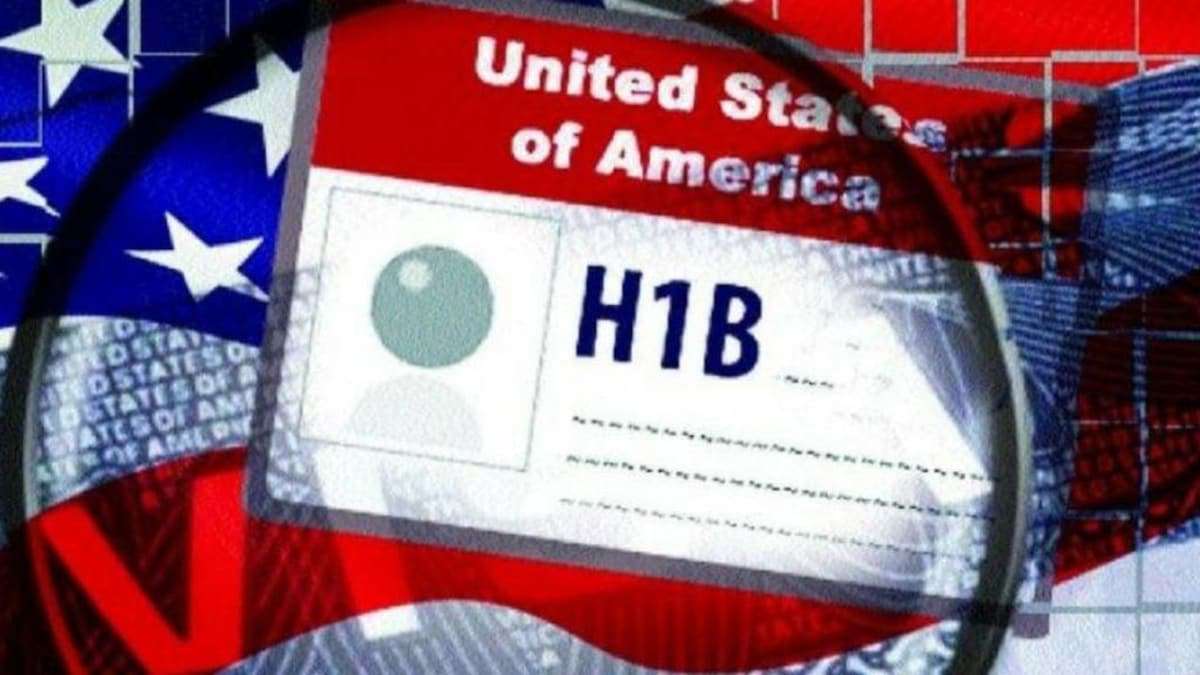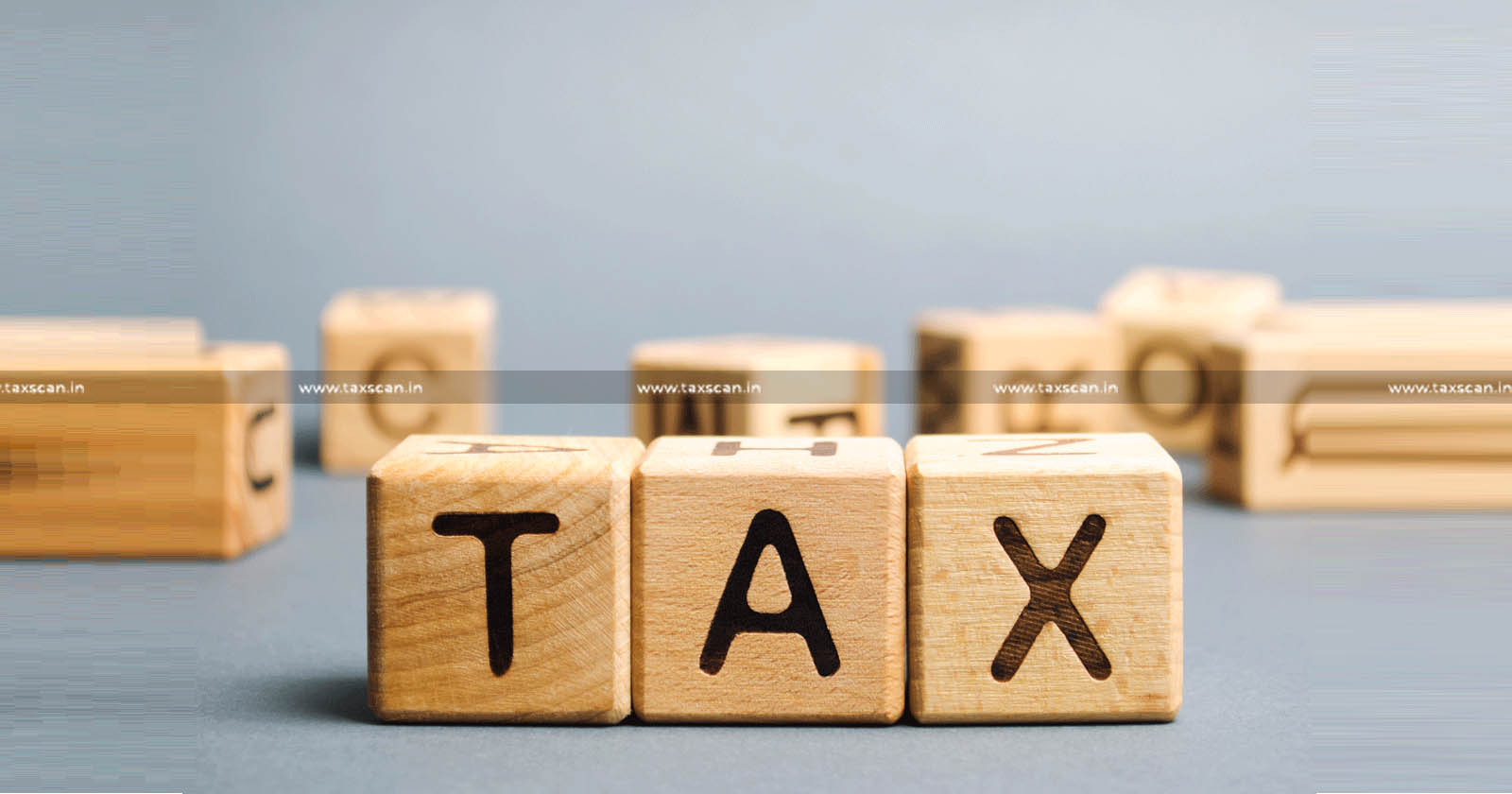-
Low-wage workers may lose out
-
DHS move replaces random lottery with wage-tier prioritisation for specialty occupation visas
The United States Department of Homeland Security (DHS) is set to implement a major change in the H-1B visa program, replacing the existing lottery system with a wage-based selection process starting this August. The proposal, which has cleared review by the Office of Information and Regulatory Affairs (OIRA), will prioritise applicants with higher wage levels and advanced qualifications, reported gujaratsamachar.com.
New H-1B visa rules to favour high-paying roles, low-wage workers at risk
According to Bloomberg Law, the DHS will now allocate H-1B specialty occupation visas based on wage tiers linked to available positions.
The move mirrors a similar proposal from 2021 that aimed to rank applicants by wage levels rather than selecting them randomly
As explained by the International Legal and Business Services Group, a US law firm, the new system seeks to “prioritise registrants that meet specific criteria of wage tiers.” Employers will now be encouraged to hire for more specialised, higher-paying positions, giving preference to candidates with advanced education or experience.
However, foreign workers in lower-wage categories may lose out under the new framework, as applications tied to reduced salaries could be deprioritised.
The US Department of Labor classifies H-1B roles under a four-tier wage system, which factors in a worker’s experience and job requirements. Under the upcoming rule, these wage tiers will play a decisive role in determining visa selections.








